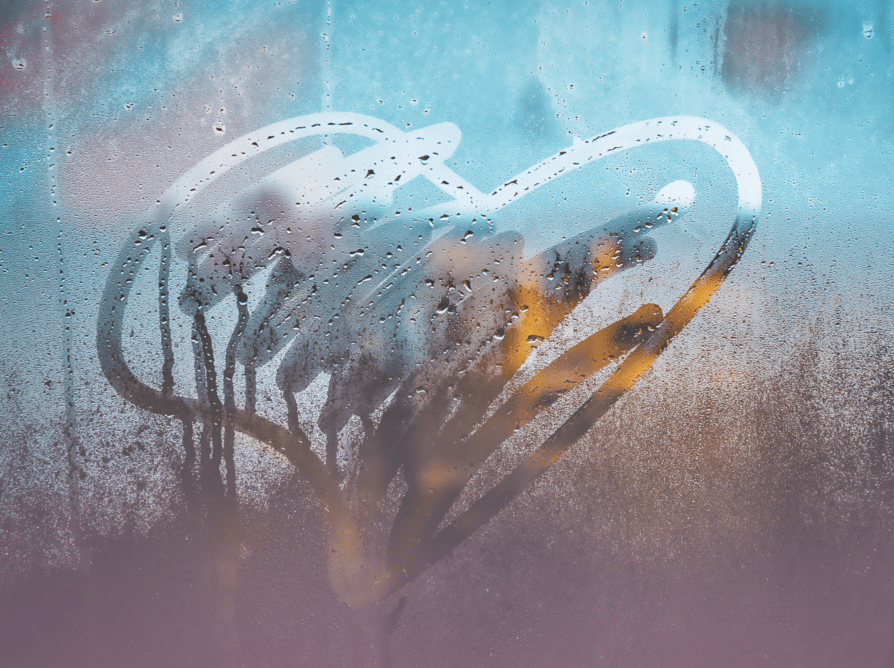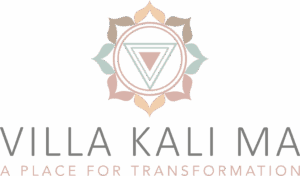
What Has Love Got to Do With It?
It is usual for many people in the early stages of recovery to desire a romantic relationship. It may feel lonely and isolating, as previous relationships you have had may no longer be intact, both romantic and otherwise. Understandably, there is a longing to connect with others during this new phase and rebuild your life, which, for many, includes a romantic partner.
However, most experts and researchers say that those in recovery should wait at least a year before entering into a new relationship. This can seem like a very long time, especially for someone who is looking for connection and companionship and who in many ways has just lost the most significant relationship in their life (the addiction). That being said, it is essential to recognize the potential challenges of entering a new romantic relationship. Consider the following before deciding to pursue a relationship during the first year of recovery.
Early Recovery Is a Time to Rediscover Yourself
The first year of recovery is a time of profound self-discovery and healing. This is the time to create new healthy practices and become settled into a daily routine that establishes habits that help you to thrive while living sober. This is the time when you are rediscovering how to live —mind, body, and spirit— free from the clutches of addiction.
During early recovery, your focus is your sobriety, which takes significant energy and time. It would not be comfortable and distracting to maintain a relationship simultaneously. Balancing the multiple priorities of sober-living and tending to the relational needs could feel like a juggling act.
This is a time to get to know yourself, your true self, without the effects of substances. Developing your identity and loving yourself for who you are is crucial during early recovery and an essential personal journey to explore before bringing a partner into your life.
Recovery Is a Time for Healing
Recovery is an incredibly emotional journey, and it is essential to learn to manage these emotions and develop healthy coping skills at the beginning stages of sobriety. Entering a relationship is added stress that may hinder your full focus on maintaining sober-living and continuing the recovery process.
While it may feel good to find someone to invest your time and energy into, it is essential to notice this temptation for what it is: a distraction. Even if you find someone who may be further along in their recovery, and even if they operate as a source of support in your life, the energy and focus you invest in the relationship takes away from the actual task at hand: healing.
It’s essential also to acknowledge the reality that for many women who have fallen into addiction to alcohol or other drugs, many come from a background of chronic childhood abuse, and nearly 80 percent have a history of sexual assault, physical assault, or both. Healing this type of trauma requires time and a singular focus on your feelings of empowerment and reprocessing these experiences in healthy ways.
Relationship Woes
Even the strongest relationships encounter challenging and difficult moments. When this occurs, self-soothing is vital. However, if someone is in the early stages of recovery, it may be tempting to utilize substances to cope and comfort when emotions run high.
It takes a lot of time and practice to rely on healthy techniques and skills learned during treatment to manage discomfort. It may be more difficult to utilize these skills during the early stages of recovery. There has not been much time to practice them, and the compulsion to use substances to alleviate any relationship hardship may still be present.
Replacing Substances With Love
It is also common for some people to turn to relationships as a replacement addiction. Neurologically, the chemicals released during a new and exciting relationship mirror the chemicals released when using substances. Suppose someone in recovery loses focus of healing from the underlying issues that led to substance use in the first place.
In that case, the new relationship may be a replacement for their previous substance use. It can be difficult to challenge the limiting beliefs contributing to maladaptive patterns if someone is distracted from a new relationship’s exhilaration.
Focusing on Your Sobriety While Choosing Not to Date
It can be challenging to refrain from dating during early recovery – here are some tips to help you stay focused on your sobriety if you choose to wait to enter a relationship until later stages of recovery.
-
- Develop a support network of friends, family, and colleagues that you can count on to provide encouragement and companionship.
- Engage in healthy activities to occupy your time. Work on your personal goals and spend time enjoying your favorite leisure activities!
- Find a sober accountability partner who is also committed to refraining from dating. You can plan weekly activities together to have fun while also helping each other stay focused.
Your health and recovery are a priority – ensure you are caring for yourself in the best way you can! At Villa Kali Ma, we know the importance of relationships in your life, romantic and otherwise. Within our program, we invite you to explore the intertwining impacts that love and relationships have on your desire to self-medicate. Give us a call to learn more!

